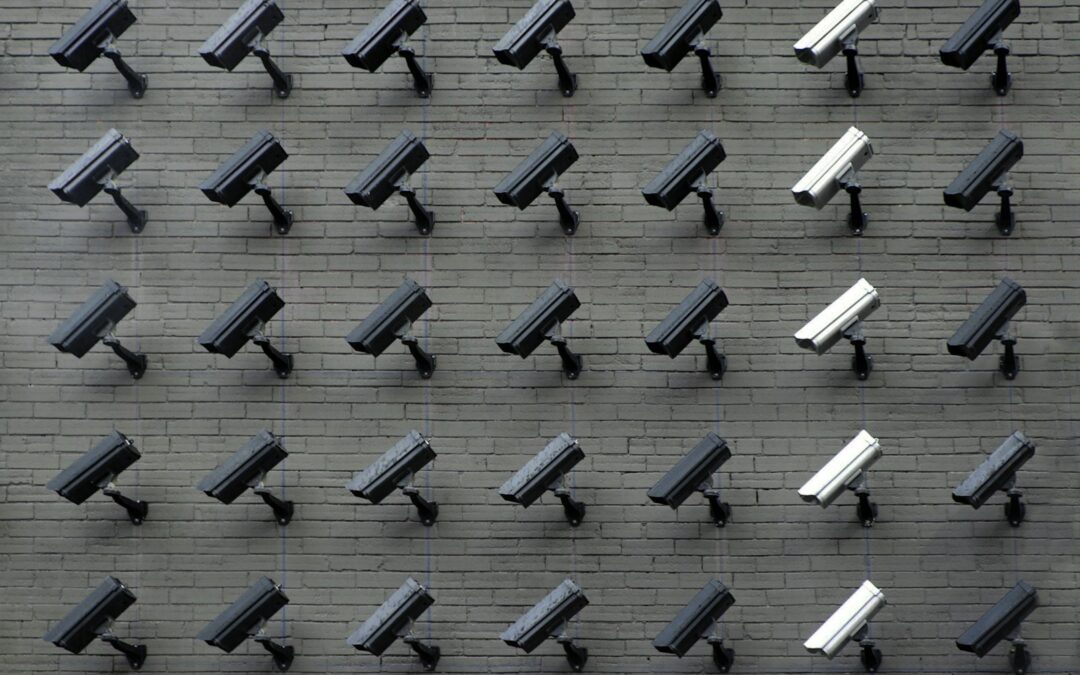Navigating the Complexities of Modern Technology
The Impact of Technology on Privacy and Surveillance
The rise of modern technology pose significant challenges to privacy and surveillance. In cities like Riyadh and Dubai, where technological innovation is highly prioritized, the balance between leveraging these technologies for progress and protecting individual privacy is delicate and complex.
In Riyadh, the implementation of AI-driven surveillance systems is part of a broader strategy to enhance public safety and efficiency. These systems use advanced algorithms to monitor and analyze vast amounts of data in real-time, improving crime detection and response times. However, this increased surveillance capability raises concerns about the potential for privacy infringement. Ensuring that these technologies are used responsibly and ethically is crucial for maintaining public trust.
Dubai, known for its ambitious smart city initiatives, has also integrated extensive surveillance technologies to optimize urban management and security. While these technologies offer significant benefits in terms of operational efficiency and safety, they also pose risks related to data security and privacy. The challenge lies in developing regulatory frameworks that protect individuals’ rights while enabling the effective use of surveillance technologies.
Consequences for Social Trust and Freedom
The consequences of enhanced privacy and surveillance technologies extend beyond individual privacy concerns; they also impact social trust and freedom. In highly surveilled environments, the perception of being constantly monitored can lead to a decline in social trust. Individuals may feel less free to express themselves or engage in activities that they perceive could be misinterpreted by surveillance systems.
In Riyadh, maintaining social trust is essential as the city continues to modernize and implement advanced technologies. Clear communication about the purpose and scope of surveillance systems, along with robust data protection measures, can help mitigate concerns and build public confidence. Ensuring that surveillance practices are transparent and accountable is key to preserving social trust in an increasingly connected world.
Dubai faces similar challenges in balancing the benefits of surveillance technology with the need to uphold individual freedoms. The city’s approach includes comprehensive regulations that mandate transparency and accountability in the use of surveillance data. By involving the public in discussions about surveillance practices and prioritizing ethical considerations, Dubai aims to foster an environment where technology enhances rather than diminishes social trust and freedom.
Addressing Ethical Implications and Mitigating Risks
Addressing the ethical implications of technology on privacy and surveillance involves implementing robust safeguards and regulatory frameworks. One effective measure is the use of blockchain technology to enhance data security and transparency. Blockchain’s decentralized nature ensures that data is securely stored and tamper-proof, providing a reliable mechanism for tracking the use and access of surveillance data.
In Riyadh, the integration of blockchain into surveillance systems exemplifies the city’s commitment to ethical technology use. By leveraging blockchain, Riyadh ensures that data collected through surveillance is managed transparently and securely, thereby protecting individual privacy and enhancing public trust. This approach not only mitigates the risks associated with data breaches but also promotes accountability in the use of surveillance technologies.
Dubai’s regulatory frameworks also emphasize the importance of ethical considerations in the deployment of surveillance technologies. The city has established comprehensive guidelines that govern the collection, storage, and use of surveillance data, ensuring that these practices comply with international standards for privacy protection. By fostering a culture of ethical technology use, Dubai is setting a benchmark for other cities to follow, demonstrating that it is possible to balance technological advancement with the protection of individual rights.
Conclusion: Balancing Technology and Privacy in the Modern Era
The integration of advanced technologies such as AI and IoT in surveillance has profound implications for privacy, social trust, and freedom. As cities like Riyadh and Dubai lead the way in adopting these technologies, it is crucial to navigate the ethical landscape carefully. By implementing robust regulatory frameworks, leveraging secure technologies like blockchain, and prioritizing transparency and accountability, these cities can harness the benefits of surveillance technology while safeguarding individual rights.
The future of privacy and surveillance in an increasingly connected world hinges on our ability to address these ethical challenges. By fostering a culture of responsible and ethical technology use, cities can build environments where technological advancements enhance rather than erode social trust and freedom. The leadership shown by Riyadh and Dubai in this domain serves as a model for other urban centers, demonstrating the importance of balancing technological progress with the protection of privacy and individual freedoms.
In conclusion, the consequences of technology on privacy and surveillance are far-reaching and complex. By prioritizing ethical considerations, transparency, and robust data protection measures, cities can ensure that the benefits of modern technology are realized without compromising the fundamental rights of their citizens. The journey towards a balanced and ethical use of surveillance technology is ongoing, and with thoughtful governance, it promises to create safer, more trustworthy, and freer societies.
#PrivacyAndSurveillance #AIEthics #SocialTrust #Freedom #Blockchain #Metaverse #AIinSaudiArabia #AIinUAE #Riyadh #Dubai #ModernTechnology























